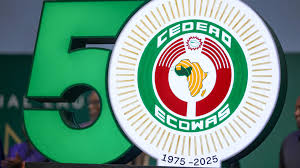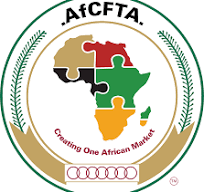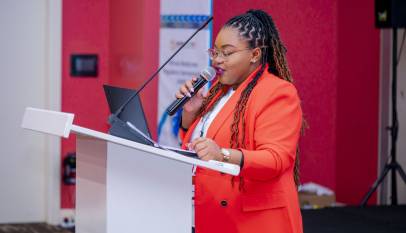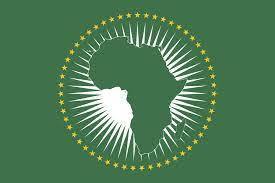Hauwa Aliyu: Providing succor to nomadic women and children
Hauwa Umar Aliyu is a nomadic Fulani woman who has helped built many schools for children of nomads in her native community of Birniwa in northern Nigeria as well as helped empowered several women by providing them soft loans for petty businesses. In an exclusive interview with African Newspage, the young lady who is still in her 30s speaks about her passion and motivation for helping her fellow nomads.
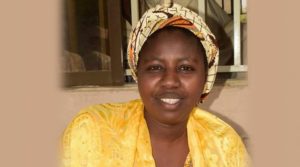
Let’s meet you please
My name is Hauwa Umar Aliyu, I am a Fulani woman, a real nomad for that matter because I am from ruga (nomadic Fulani settlement) in Birniwa.
You have achieved a lot despite your relatively young age. What is the secret of your strength and energy?
Well, the strength has to do with the effort of my aunt who brought me up, who although is not educated mingles with all classes of people. In spite of being a Fulani girl from *ruga* she was able to cater for all my needs and ensured I was educated. So, I felt there was nothing I should do but ensure I achieve success so I can be a role model to members of my nomadic community in northern Nigeria and all nomads in this world. So, I have always stayed in touch with people of my community, in fact, even yesterday I was in my village and whenever I visit home I see so many challenges which motivates me to work hard to be able to help the people of my community especially women.
You are passionate about empowering women nomads and establishing schools for children of nomads. What can you say explains your passion?
Women are the ones running their families so if they are educated it is for the benefit of their entire families, their communities and the nation at large. Getting close to the children of these nomads is an exciting experience because they have these great ideas about how to transform their lives; they are passionate about not only empowering themselves but also impacting positively on other members of their communities.

The children (both boys and girls) are so intelligent that whatever you teach them they grasp it immediately. It is so fulfilling working and interacting with them because whenever you discuss the importance of education with them they get excited and motivated. You find children coming from long distances, from far away settlements to attend school so that their lives will change and they will realize their ambitions in life.
You are now working as the special assistant to Jigawa state governor on women empowerment. How is the experience of being in public office?
Well! It’s quite interesting although it is not really the same but the goal is the same because on one hand you are trying to get children educated so they can help themselves, members of their families and communities; while on the other hand, you are empowering women to be able to support their children to achieve what they (the women) couldn’t achieve when they were young. So, it is quite interesting. We have empowerment programs for women to better their lives.
We have a goat loan scheme project which is ongoing under which widows are given a he-goat and she-goat to empower them to be able to take care of their dependents and many other empowerment programmes. Personally, there is a small project I am doing now; I engaged a team made up of youth from Birniwa, my local government council and we conducted a survey, identified women who really needed help from the 11 wards in Birniwa. We have started with 2 women from each of the wards and have engaged them; some of them are already engaged in home-based petty businesses including selling cooked food and producing ground nut oil/ groundnuts cake (Kuli-Kuli).

We had frank discussions with the women and asked them if they wanted to continue doing what they were doing or they would want to go into other businesses. For those that were doing nothing we asked them what kind of businesses they wanted to venture into and we provided them with soft loans in the form of items for the different businesses they wanted to venture into as well as small stipends to support their businesses. The idea is to recoup these loans and recycle it amongst other women through a sort of a revolving fund and this would be done in such a way that they will be paying back like N20 every day, out of their profits.
There is a mutual understanding, trust and transparency in the project. We are monitoring the women, we do tell them that the success and failure of this project lies in their hands, because if they pay back the loan, it means other women will also be able to get the soft loans and it will continue to revolve among them and in order to reach many other rural people. This is a bottom-up approach for poverty alleviation.







